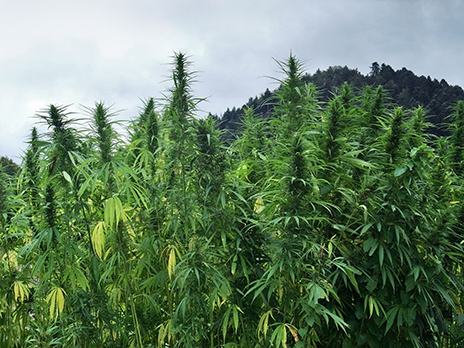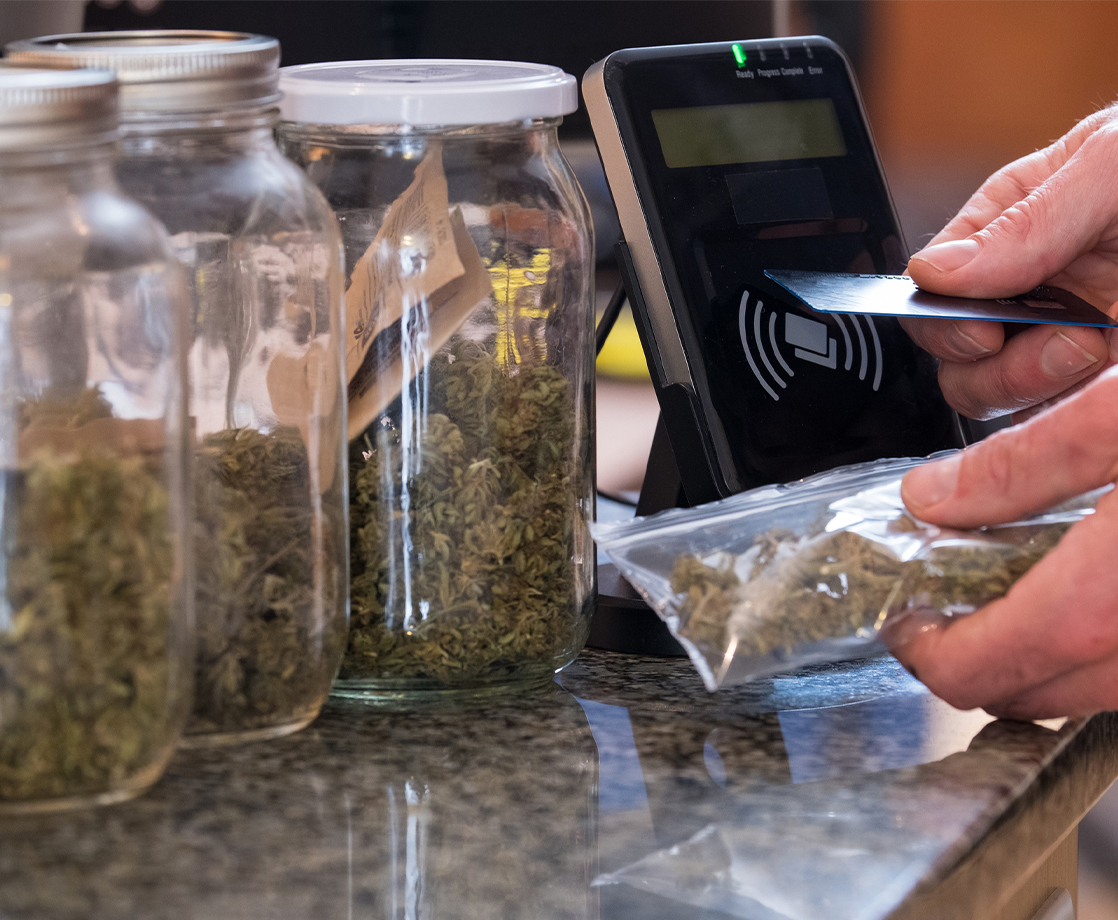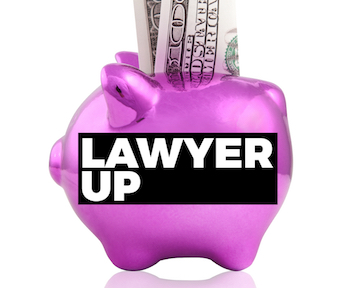Mexico’s five Supreme Court Judges are on the cusp of making a monumental decision in their country’s history (and the world’s, for that matter). On October 28, 2015, they will convene and assess the legality of cannabis, which has led to extreme violence and turmoil for years.
The drug war in Mexico has created a hyper-violent black market run by drug king pins that has led to more than 80,000 deaths in the last decade. The criminalization of drugs including marijuana, heroin and cocaine has led its citizens to pay the price. The UN and United States spearhead a misguided drug prohibition campaign against marijuana use and seemingly force Mexico and other countries to comply with their demands.
Out of the five Supreme Court judges, only three votes in favor will lead to the legalization of marijuana use recreationally and medically. In August of this year, a lower level Mexican Judge authorized the import of a cannabis-derivative treatment for an 8-year-old girl’s uncontrollable epilepsy. She suffers from Lennox Gastaut syndrome and experiences up to 400 seizures a day, even in her sleep.
Anti-convulsive medication wasn’t effective so her parents decided to take an alternative route with a compound that is a low-THC cannabis extract. It contains cannibidiol, a muscle relaxant, that is supposed to reduce the number of seizures she has. This was a landmark case which marked the first time a Mexican citizen’s rights were chosen over some outdated law.
After a nonprofit group filed an injunction against health regulations filed by the Federal Commission for Protection Against Sanitary Risks (Cofepris), the Supreme Court decided to take a hard left with their approach to marijuana prohibition. The federal health law regulations prohibit the growth and consumption of marijuana. Now the decision is left to the courts.
Prohibition has exacerbated the dangers of using illicit drugs in Mexico. Cartels are created to satisfy needs in a dark and unforgiving black market that is extremely unregulated (in fact that’s how it thrives). No regulation or quality control of the product leads to violent conflict resolution between consumers and producers, and sometimes competing producers.
Although Mexico is far from decriminalizing all drugs and effectively ending the drug war, there are countries in the world who have seen a positive effect after decriminalization. In 2001, Portugal became the first country to decriminalize the use of drugs, but dealers are still prosecuted. Instead of seeing drug users as criminals, they saw them as victims with an affliction. The effects of decriminalization include a reduced number of drug-related deaths and a reduction in drug consumption.
With the legalization of marijuana across the United States, the pressure is on for Mexico to follow suit. Whether they will cooperate with a proven strategy to diminish violence and death is yet to be seen.











